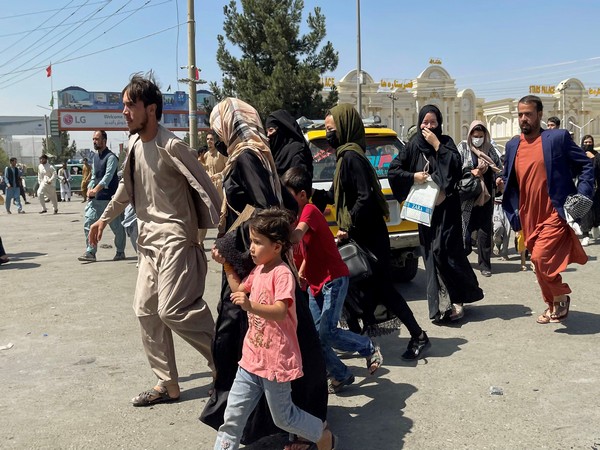UN Predicts 2.5 Million Refugees Needing Resettlement by 2026, Highlighting Afghan Crisis
The United Nations predicts 2.5 million refugees will need resettlement in 2026, with Afghans forming the largest group. Although annual resettlement needs are decreasing, global refugee numbers rise. UNHCR urges collaboration among nations to address deportations and support refugees with dignity.

- Country:
- Afghanistan
The United Nations has announced that 2.5 million refugees globally will require resettlement by 2026, with Afghan nationals making up the largest demographic in need, according to a report cited by TOLO News.
UN Secretary-General's spokesperson, Stephane Dujarric, stated, "Speaking of refugees, our friends at UNHCR today released a report estimating that 2.5 million refugees worldwide will need to be resettled next year." While the resettlement figure has decreased, down from 2.9 million in 2025, the global refugee population continues to rise. This reduction is primarily attributed to the situation in Syria improving, allowing for voluntary returns.
UNHCR identifies that for 2026, the largest refugee groups in need of resettlement will be Afghans, followed by Syrians, South Sudanese, Sudanese, Rohingya, and Congolese. In Afghanistan, over 393,000 Afghan migrants have been deported from Iran and Pakistan this year alone, with additional deportations recorded from Tajikistan.
Migrant rights activist Mohammad Jamal Moslem emphasized the need for UNHCR to engage host countries to ensure these individuals' issues are addressed with human dignity, calling for coordinated efforts with aid organizations to enhance shelters and economic support. Meanwhile, Abdul Aziz, deported after seeking education in Iran for his children, resides in a Kabul migrant camp. Aziz insists that educational prospects in Afghanistan would deter such migrations.
(With inputs from agencies.)
ALSO READ
Supreme Court Backs Trump's Aggressive Deportation: A Victory Amidst Controversy
Supreme Court's Green Light: Trump Administration Resumes Controversial Deportations
Supreme Controversy: U.S. High Court Greenlights Third-Country Deportations
Supreme Court Greenlights Fast-Track Deportations
Supreme Court Greenlights Trump's Third-Country Deportations Amidst Legal Dissent










